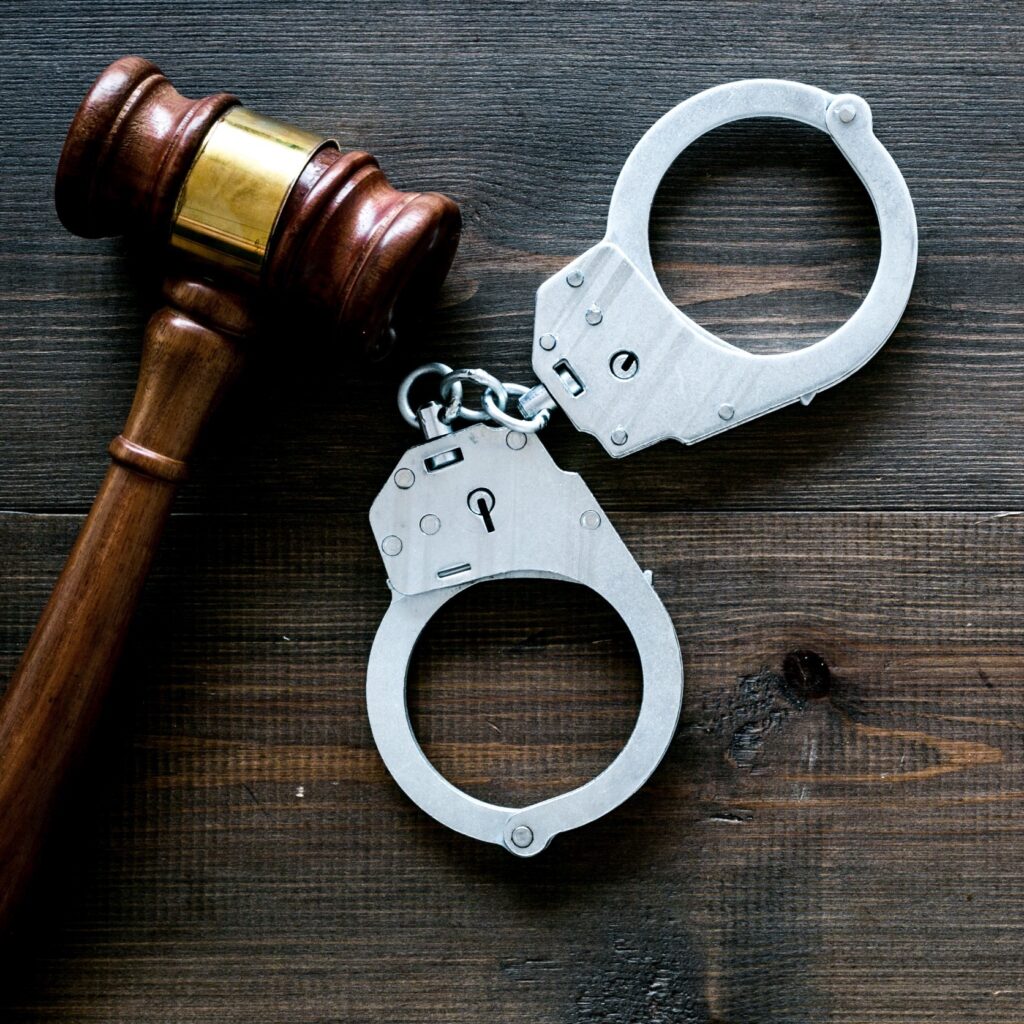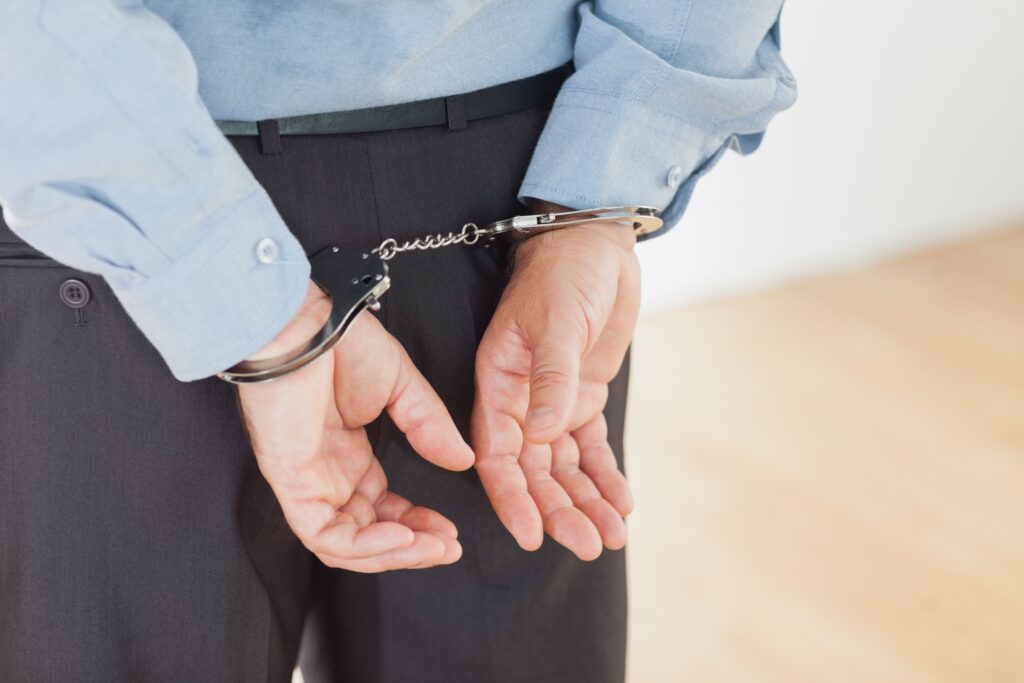
Felony Bail for the State of Georgia
Crime doesn’t pay, a line we’ve all heard time and again. But crime does cost, and not just financially, especially when it comes to a felony arrest. In the state of Georgia, a felony is the most serious of crimes and can be punished by life in prison or a death sentence. But the defendant won’t go to jail automatically.
The typical process of a felony arrest is like other types of crimes. The defendant is placed in a holding cell and booked. Then they are taken before an arraignment judge to see if felony bail will be allowed. If the judge grants felony bail, they can post the bail themselves, or contact someone else to post the felony bail for them.
What crimes are considered a felony in Georgia?
There are two categories of felonies in the state of Georgia: Violent and Non-Violent, both of which may be eligible for felony bail if the judge grants it. Within those two categories, there are several types of felony crimes which include:
- Arson
- Burglary
- Kidnapping
- Murder
- Robbery
Some crimes can be charged as a misdemeanor or a felony, with the judge determining the seriousness and setting either a basic bail or a felony bail. An example of an arrest that can be upgraded is a DUI, which in most cases is a misdemeanor.
A first-time DUI is usually filed as a misdemeanor charge. However, if another crime was committed in the process of the DUI or the defendant for or more DUI convictions within 10 years, the prosecution will upgrade the charge to a felony requiring a felony bail.
Arrests for drugs can be upgraded to a felony based on the amount of the drug that the defendant had on them. The same applies to arrest for theft that is valued at over $500.00. The arraignment judge will determine if bail is allowed and the amount of the felony bail that must be posted in order for the defendant to be released. The amount of felony bail is based on several factors.
What factors are considered in setting felony bail?
In addition to the fact we stated, the judge will consider the criminal background of the defendant. The judge and prosecution will review the defendant’s employment, consideration of their residence, and standing in the community. Surrounding circumstances around the arrest will factor into the judge’s decision to allow felony bail to be posted.

What other type of crime is there other than a felony?
If charges for a crime aren’t filed as a felony by the prosecution, it falls into the category of a misdemeanor, which is a nonviolent crime that typically has a lighter sentence and the bail amount is typically lower than a felony bail. A misdemeanor arrest can include the following:
- Vandalism
- Drug possession
- Simple assault
- Disorderly conduct
After posting felony bail, how long does it take to be released from jail?
In Georgia, a defendant can be held in custody for up to 72 hours before being charged with a crime. This must take place before the defendant can be arraigned and the amount of the felony bail is set.
There isn’t any set or specific time to be released after posting felony bail. It takes time for the felony bail to be processed by the bail bond agent to deliver the felony bail bond to the court, and how busy the jail is at that time.
You can be certain on certain days and times of day, the jails are busier than others. For instance, a Tuesday at midday isn’t as busy as a Friday, Saturday, or holiday. It doesn’t matter if it is a misdemeanor bail or felony bail as to who is released first. It is pretty much a first come/first serve process.
How long is a person out on felony bail before their court date?
After the arraignment hearing, the defendant will be granted a preliminary hearing if chosen by the defendant and their lawyer. In some cases, that hearing will be the same day as the arraignment hearing, which has to be within 72 hours of the arrest. A preliminary hearing is the standard process when the defendant pleads not guilty.
The preliminary hearing isn’t to determine the guilt or innocence of the defendant. This hearing allows the prosecutor to prove they have sufficient evidence and probable cause to proceed to the actual hearing. It also allows the defendant and their attorney to show their evidence of innocence.
If the judge agrees with the prosecutor they have sufficient evidence, they will set the actual trial date. This can range between 30 days or longer, depending on how booked up the courts are with other trials.
To Conclude: What does a felony bail cost?
There is a Felony Bail Schedule established in the state of Georgia for every statutory offense. However, law enforcement officers can increase the bail amount with a judge’s approval if they deem that there is a viable cause. An average example of felony bail includes:
- Robbery – $25,000
- Robbery with a firearm, $40,000
- If the victim received a bodily injury, the bail amount can be increased to $65,000
Double "O" Bonding helps with felony bail in Jefferson, GA. Call 706-353-6467 to get started.
